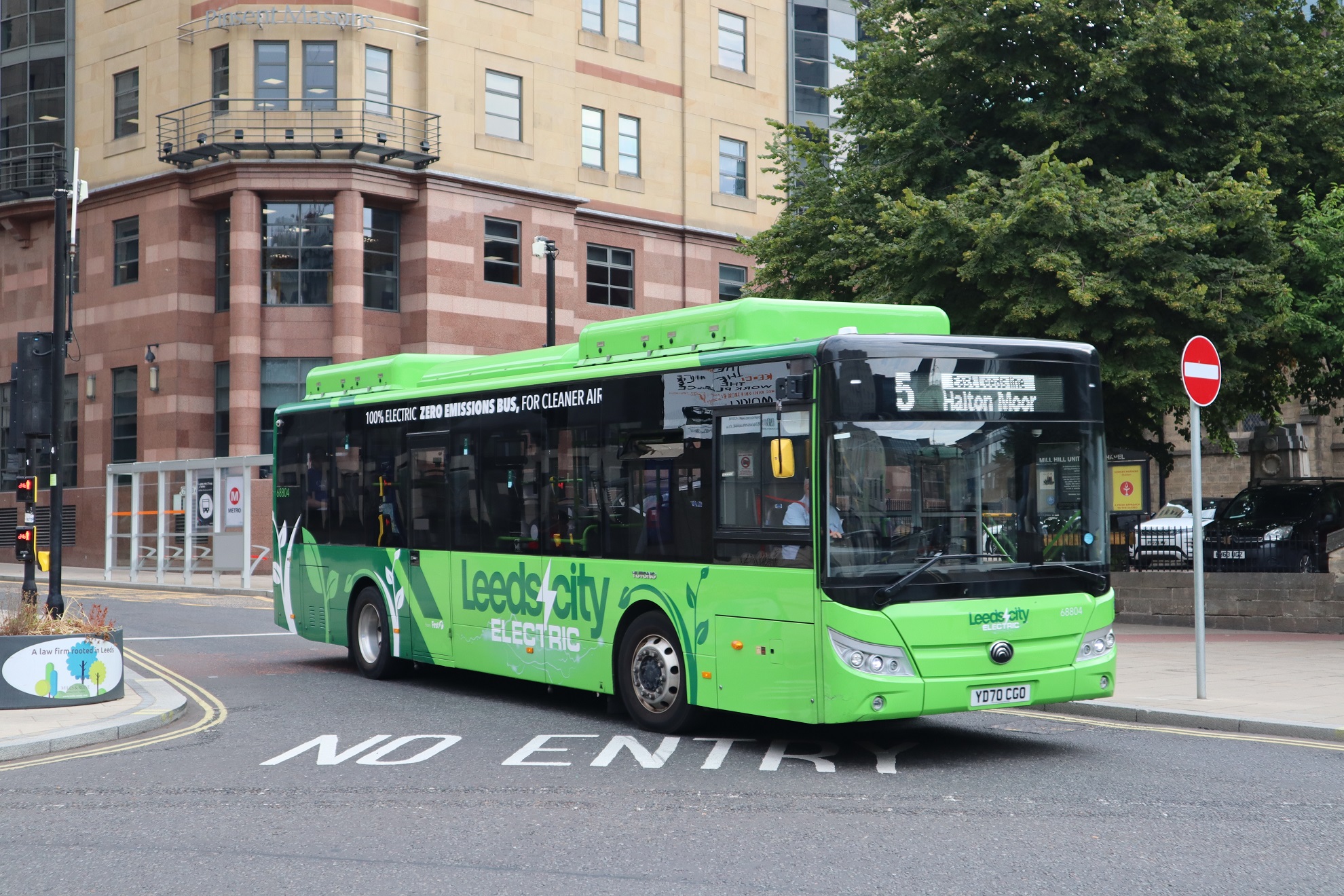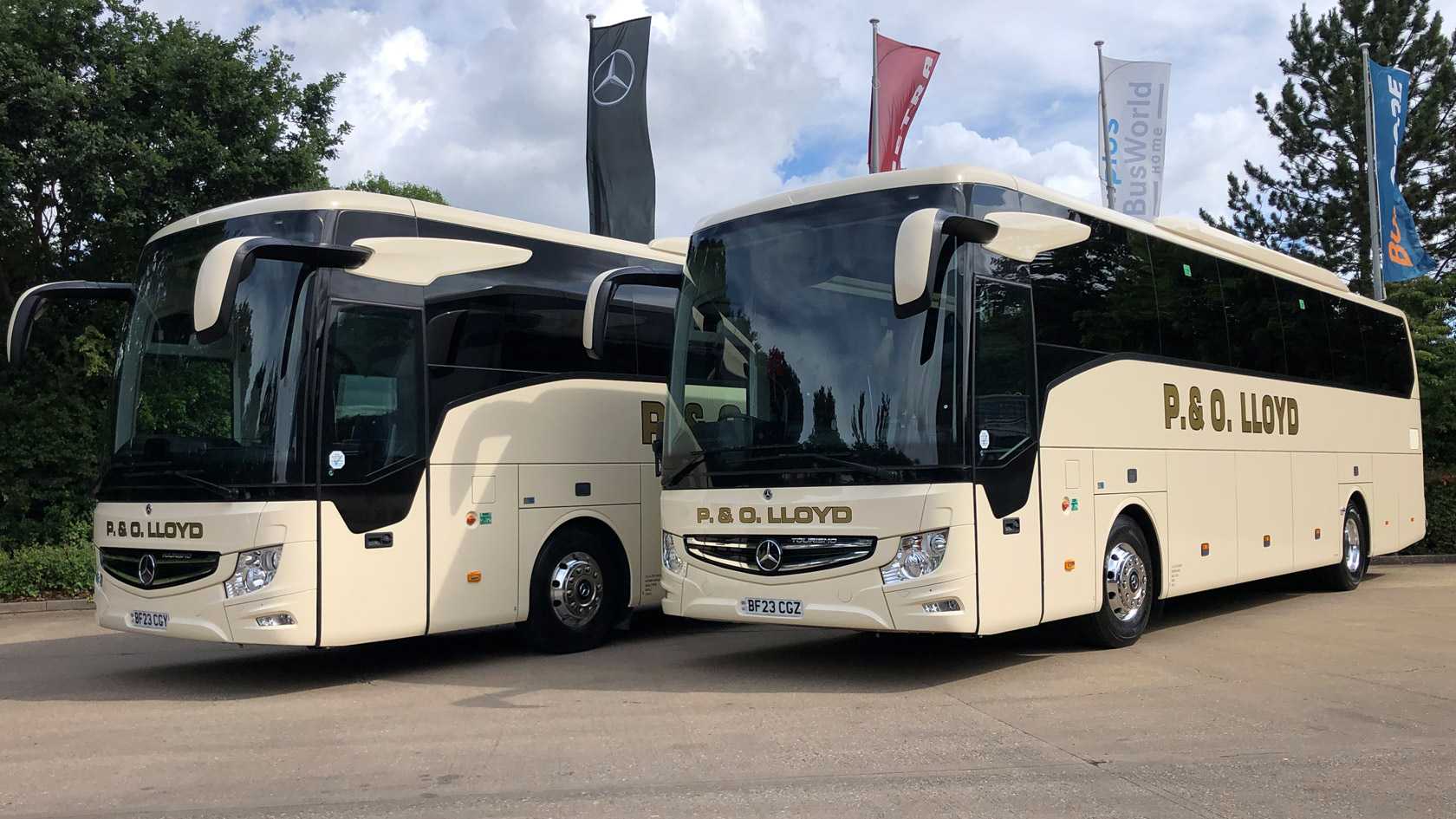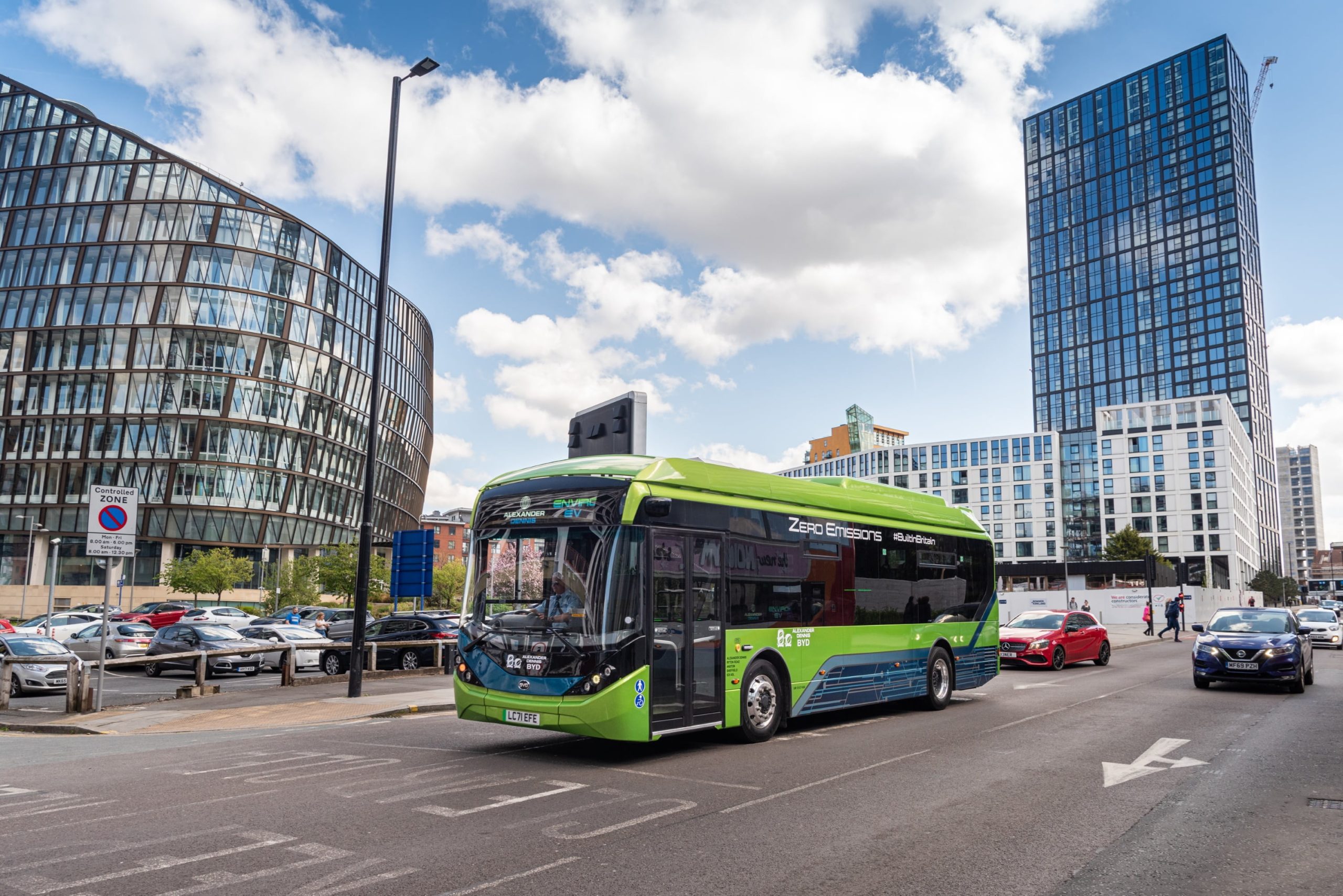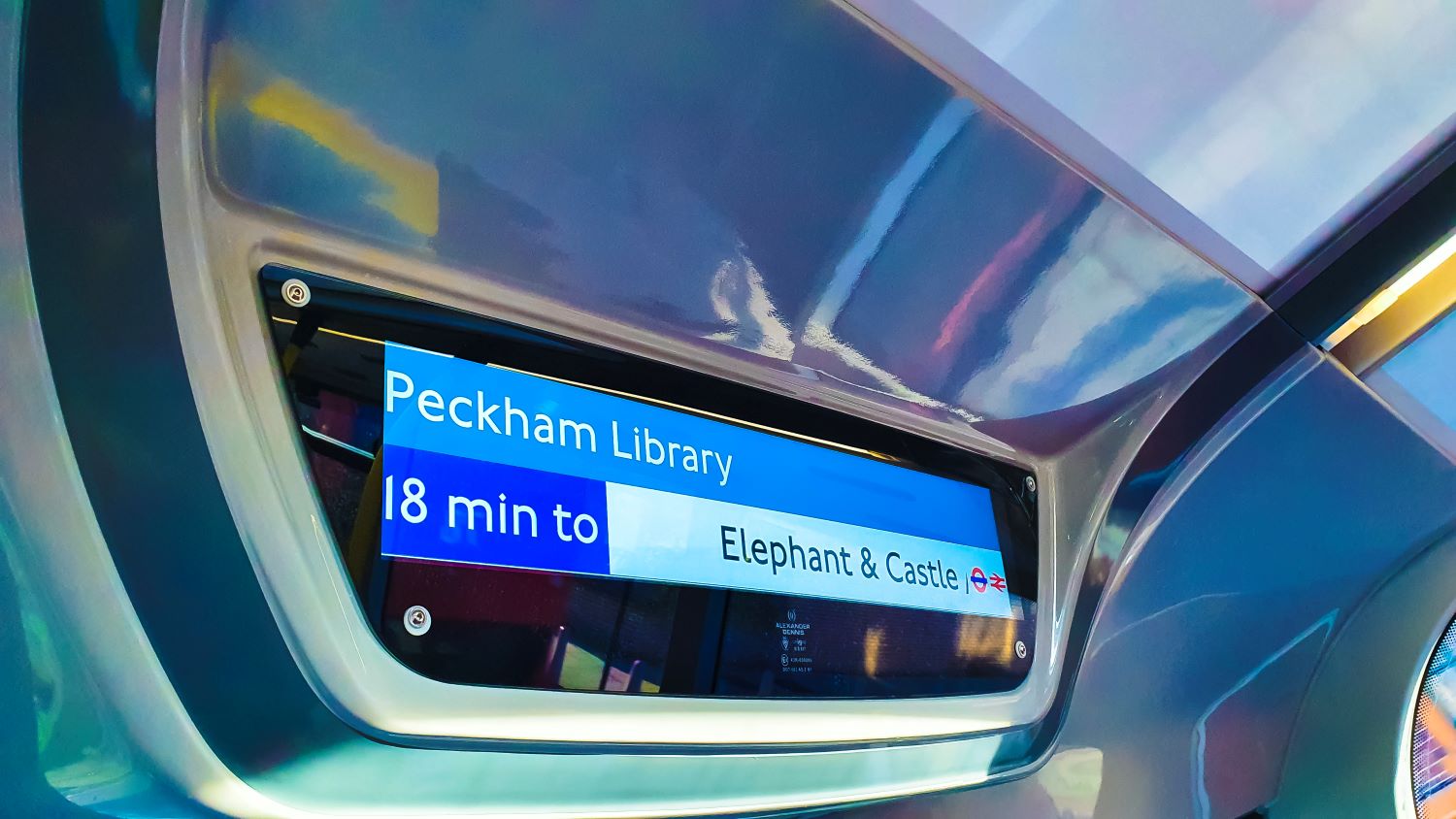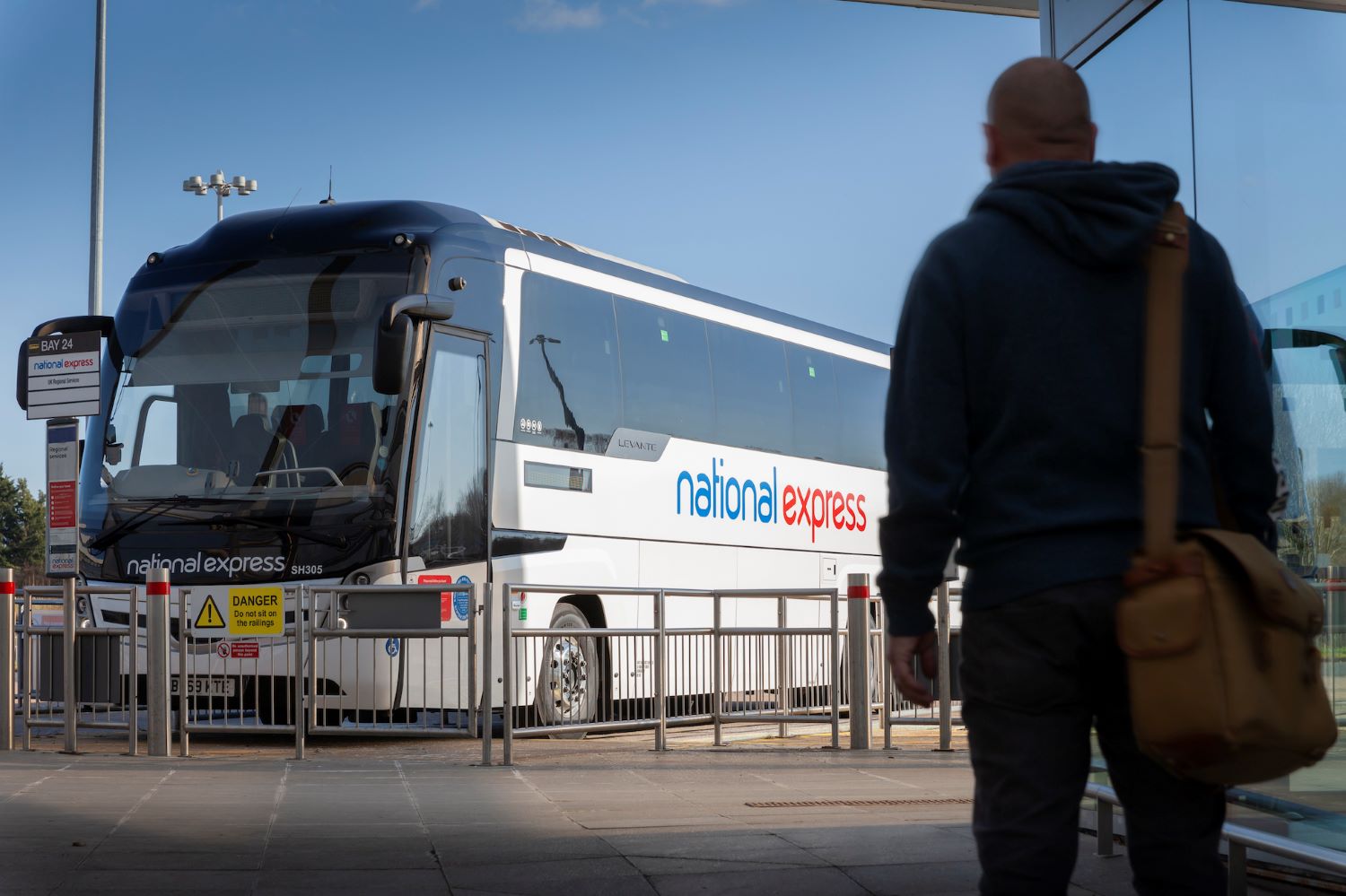The end date for sales of new non-zero-emission bus models will be announced “within the next few months,” Under-Secretary of State for Transport Richard Holden has said.
Mr Holden was speaking at the launch of Metrobus’s fleet of hydrogen fuel cell-electric buses on 29 June. Although details of the date were expected previously – the consultation was published in March 2022 – he notes that finalising it is a priority of Secretary of State for Transport Mark Harper. Dates between 2025 and 2032 are currently on the table.
Such a response was urged two days before Mr Holden’s comments by the Climate Change Committee (CCC) in a report to Parliament that provides an overview of the government’s progress thus far on reducing emissions. CCC advocates development of a comprehensive policy package to allow the bus industry to work with the end date and to give certainty to operators and vehicle manufacturers.
The CCC report came on the same day that the Institute for Public Policy Research (IPPR) called for the sale of new diesel buses to be phased out by 2030, albeit with scope to bring that date forward. Among a number of surprising recommendations in the IPPR report is one suggesting that the government should “make clear that the default choice of technology for buses is [battery-]electric over hydrogen.”
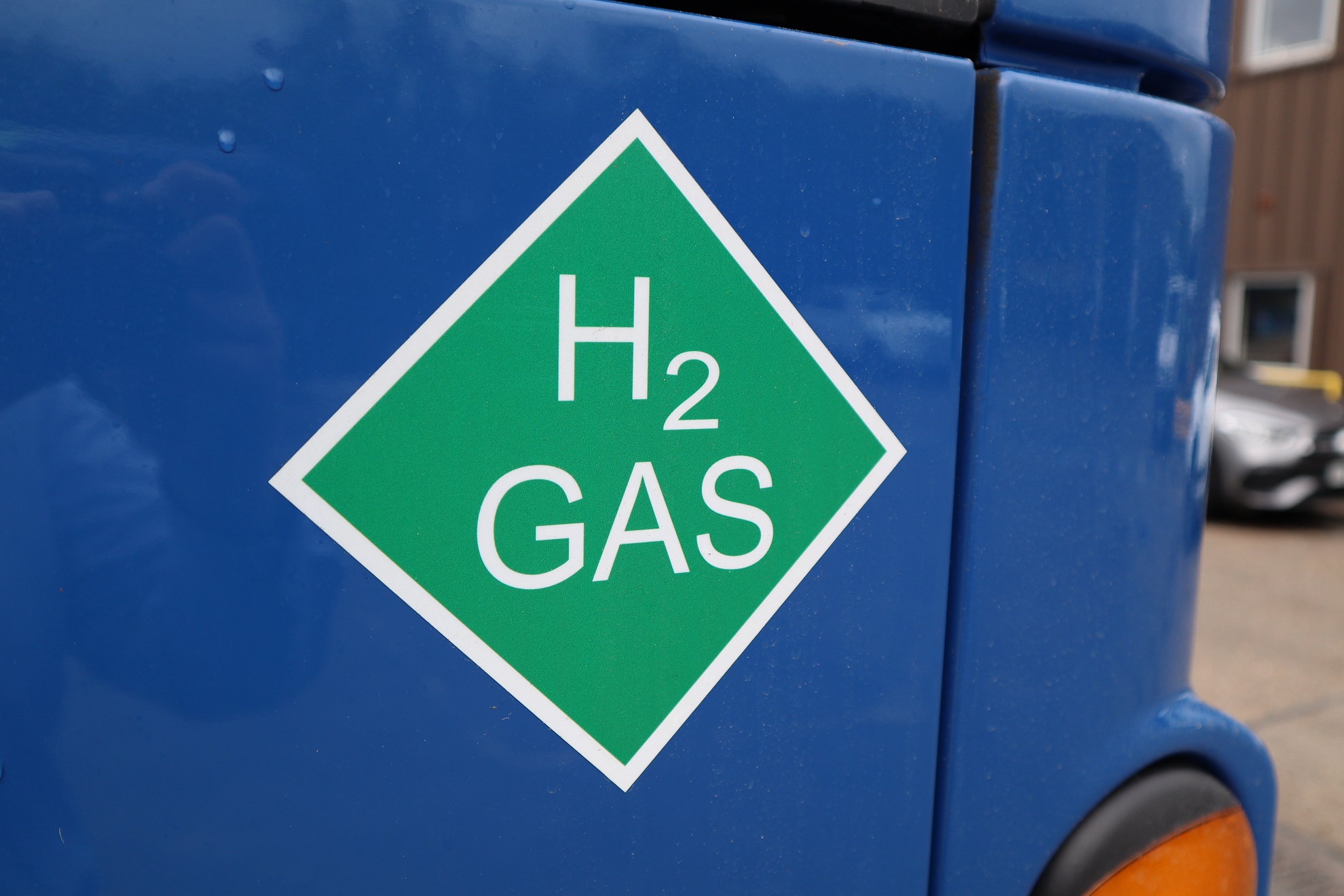
Mr Holden moved quickly on 29 July to say that ministers “will remain agnostic” on that consideration.
But he wants to see the zero-emission bus transition “turbocharged,” and that will need regulatory help.
IPPR has cited a number of reasons for its favour of battery-electric over hydrogen. Among them is a steadily decarbonising electricity supply network compared to what the Institute says are “serious concerns about the low-carbon credentials of hydrogen production.”
5,800 more zero-emission buses called for by IPPR
In other findings, IPPR wants to see a further £2.5 billion invested in the Zero Emission Bus Regional Areas (ZEBRA) fund in England to extend it to 2030. To complement that, a “more ambitious transport decarbonisation plan” should be put forth that delivers “world-leading” public transport.
Mr Holden will not be drawn on whether a further round of ZEBRA is planned, but he says that the government “is keen to do more” in that space.
IPPR’s modelling shows that an additional 5,800 zero-emission buses above existing fleets in England’s Mayoral Combined Authority areas would deliver an extra 2.7 billion passenger journeys per year. But there is significant geographic variation in how IPPR wants to see those buses deployed.
In Cambridgeshire and Peterborough, it advocates an uplift of 503 such buses, or a 136% growth in the bus fleet size there. In South Yorkshire, only 85 more buses, or a 6% fleet increase, are hypothecated against, although remarkably that would deliver a 279% rise in passenger trips against 616% in Cambridgeshire and Peterborough.
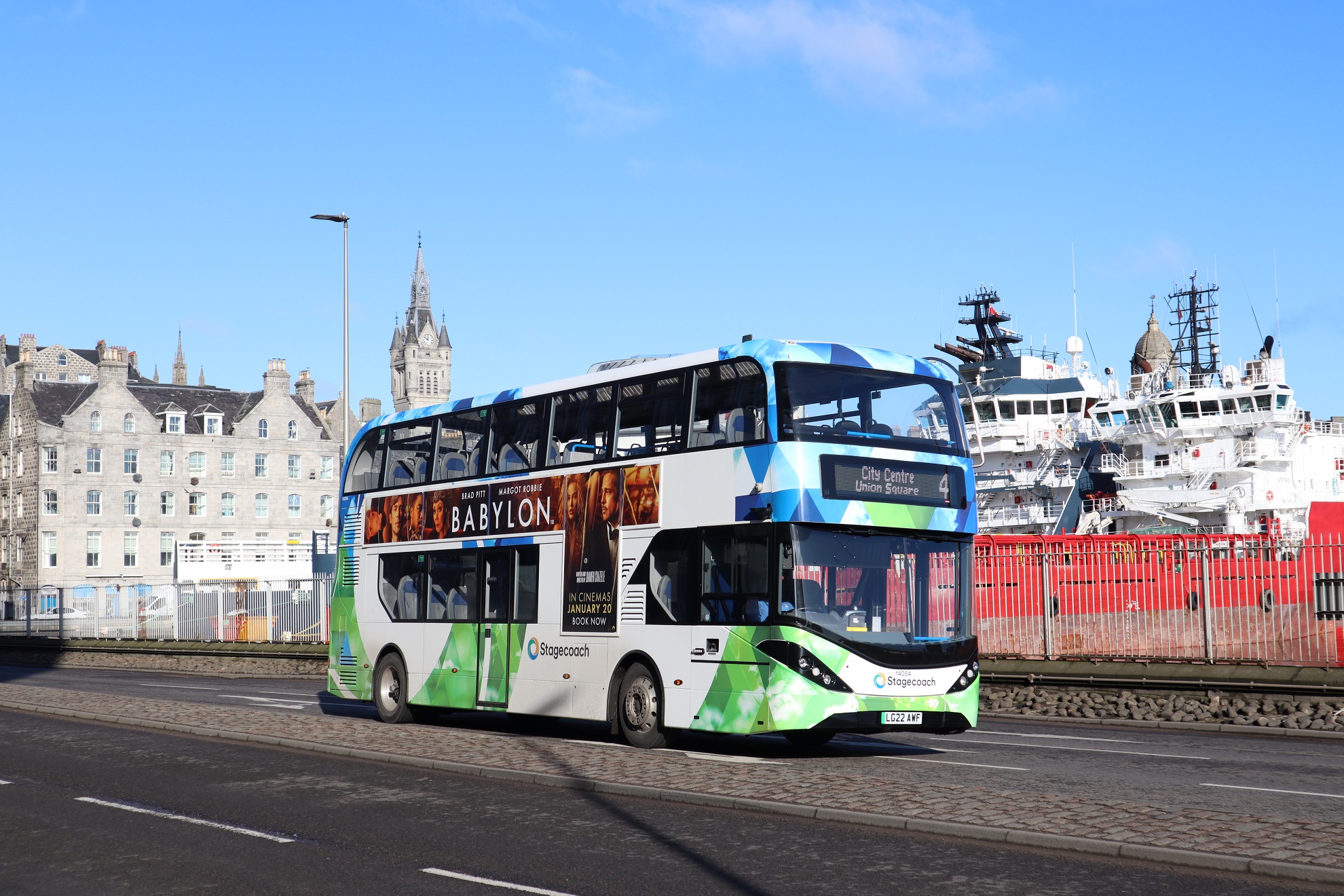
In a recommendation that will be greeted with consternation, IPPR wants to see only zero-emission buses purchased from now for services in urban areas.
“If required, the government should be ready to regulate to enforce this,” it continues.
Additionally, the Institute advocates operators in rural areas purchasing only new zero-emission buses for as many routes as possible in the run up to a hypothetical 2030 end date for the sale of new non-zero-emission examples. In a true curveball, it suggests that for remaining routes, only new diesel-electric hybrids should be purchased.
End date for new non-ZE bus sales needs other strategic policies
CCC further recommends that the Department for Transport delivers an infrastructure strategy that sets out how heavy-duty vehicles will transition to zero-emission. Such a document should consider options for depot charging, ultra-rapid charging en route, and hydrogen refuelling infrastructure.
Climate Change Committee Chair Lord Deben has urged the government to make “faster progress” in fighting climate change, describing the current situation of action compared to promises as “curious.”
Adds Lord Deben: “The true test of leadership is delivery. And here, I am more worried. The commitment of government to act has waned since our COP26 presidency. There is a hesitation to commit fully to the key pledges. That will not win the fight.”













